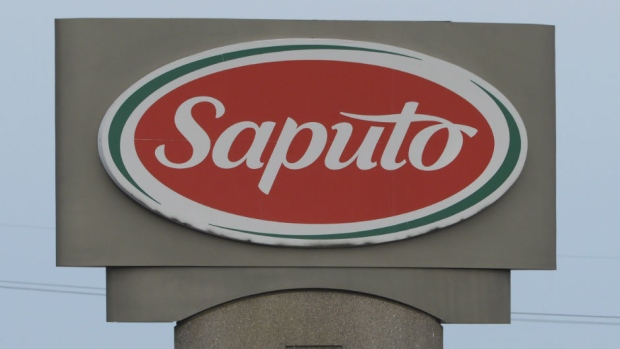Oct 27, 2017
Saputo reaches deal to acquire Australian dairy firm for $1.29 billion
Reuters

Saputo Inc (SAP.TO) has agreed to buy debt-ridden Murray Goulburn Co-operative for up to US$490 million, becoming Australia's top milk producer and expanding its access to China.
The deal rescues Murray Goulburn, the maker of Devondale milk and cheese after a disastrous foray into China, where sales were not as strong as hoped for. Including Murray Goulburn's debt, the deal value rises to about US$990 million.
Saputo, whose brands include Dairyland milk and Armstrong cheese, will gain Melbourne-based Murray Goulburn's production facilities in addition to the Warrnambool Cheese and Butter (WCB) factories and brands it bought in 2014 and 2017 for roughly $500 million Australian.
Growth by acquisition has been Saputo's major strategy for years, including forays into the United States, as expansion in Canada is limited by a supply management system that discourages trade. Saputo stock jumped 4 per cent in Toronto to $46.77 in a flat overall market.
"Saputo will achieve substantial synergies from merging MG with WCB and its existing global operations," Morgans analyst Belinda Moore said in a note.
Chief Executive Officer Lino Saputo Jr. said in a statement the company is investing in Australia for the long term.
The Canadian firm will command just over half of Australia's milk powder market, adding Murray Goulburn's 42 per cent share to WCB's 9.8 per cent, according to data from IBISWorld. Murray Goulburn is the country's third-biggest producer of milk and cream.
"MG has reached a position where as an independent company, its debt was simply too high," Murray Goulburn Chairman John Spark said in a statement pledging the board's unanimous support for the buyout.
"The transaction represents the best available outcome."
However, Morgans' analyst Moore also noted that the deal was "extremely disappointing" for Murray Goulburn share and unitholders, who will receive in most cases materially less than they originally paid.
CHINA CURDLE
The deal will give Saputo access to Murray Goulburn's operating assets and liabilities, but not the co-op's equity directly.
That will allow it to avoid exposure to several shareholder lawsuits, and regulatory investigations hanging over Murray Goulburn that concern potential breaches of disclosure rules as well as the way it slashed milk payout prices in 2016.
The acquisition price is equivalent to between $1.10 and $1.15 Australian per share, Murray Goulburn said, little more than half its $2.10 Australian listing price in 2015.
Although its units leapt 14 per cent in early trade to 95 cents, they later lost those gains to trade down 1 per cent.
The deal needs to be cleared by the Australian Competition and Consumer Commission and the Foreign Investment Review Board.
Other suitors for Murray Goulburn had included Australia's Bega Cheese Ltd, Italy's Parmalat and China's Inner Mongolia Yili Industrial Group Co Ltd.
Proceeds from the buyout would be handed to Murray Goulburn's farmer shareholders in the form of higher milk payouts, as well as paying down debt, the Australian firm said.
Hoping to capitalize on the popularity of Australian produce in China, Murray Goulburn went public in 2015, using the funds to expand aggressively in Asia.
But sales were far below expectations, swinging the company to a loss, angering farmer-owners and forcing it to quit the strategy and shutter three production plants in May.



